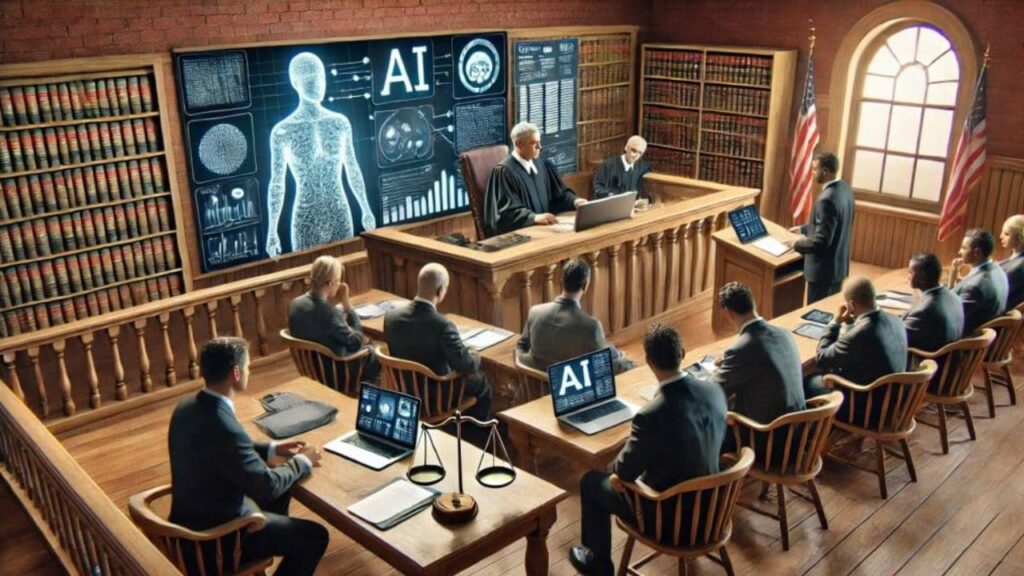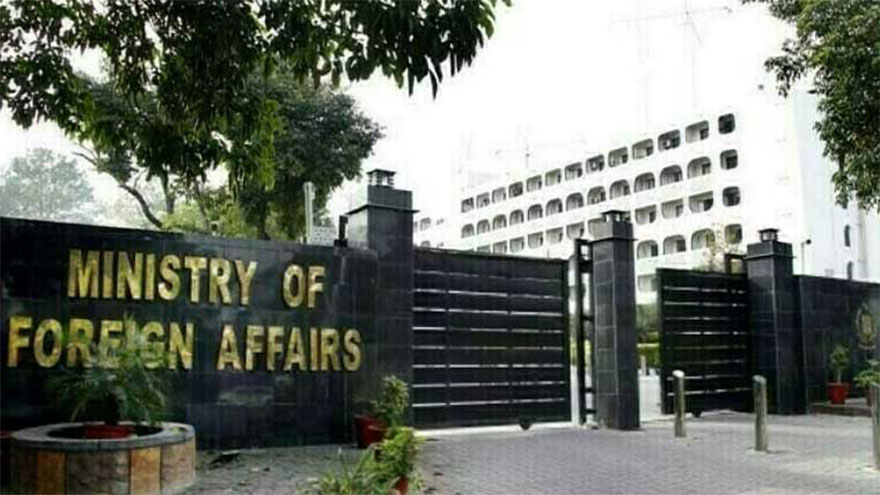In a country where many courtrooms still run on paper files and patchy electricity, the idea of Artificial Intelligence (AI) in the judiciary sounds more like science fiction than policy reform and yet, in March 2025, the Supreme Court of Pakistan acknowledged a new frontier.
The Top Court welcomed AI into the justice system. In Ishfaq Ahmed vs. Mushtaq Ahmed, the Court didn’t just nod to automation. It laid out a vision for a future where technology assists judges in delivering faster, more efficient, and fairer decisions. It was not a rejection of tradition, but a recalibration of it.
Judge-GPT, a large language model developed with help from ETH Zurich, is already in use. Over 1,500 judges have begun experimenting with the tool, trained on Pakistan’s laws and jurisprudence to help draft orders and conduct legal research. The ambition is clear: to reduce case backlogs, delays, and bring clarity to judgments. But here is the uncomfortable truth: AI isn’t a magic fix and justice doesn’t run on code alone.
Before algorithms can streamline decisions, courtrooms need internet. Before software can summarize evidence, case records need to be digitized. Before judges can use AI tools responsibly, they need the training and trust to interpret them critically. Without these basic conditions, the risk is not just failure. Are our courts even ready for AI? And more importantly, what must be done first to ensure technology enhances justice rather than distorts it?
This isn’t cynicism. It is context.
Many district courts in Pakistan still operate without reliable electricity. Case files are handwritten, bundled in cloth, and moved across corridors on wooden carts. Litigants queue for hours just to confirm a hearing date. Clerks struggle to find a misplaced file. In this setting, Judge-GPT might as well be from Mars. Technology, no matter how sophisticated, is only as useful as the system it enters. And right now, the system is uneven.
But this is not an argument against AI. Quite the opposite. It’s a call for sequencing. Pakistan doesn’t need to abandon the digital leap, it just needs to build a bridge first.
That bridge begins with infrastructure: secure internet in every courtroom, digitized records across provinces, and a centralized platform that connects the judiciary from Karachi to Khyber. Without these foundations, AI will be limited to islands of progress floating in a sea of backlog. And the promise of reform will remain just that, a promise.
The Supreme Court, to its credit, recognized these challenges. It drew clear ethical lines that AI must assist and not replace. Judges must remain the final decision-makers. The Court flagged real risks such as hallucinated citations, automation bias, and the opaque reasoning of black-box algorithms. It cautioned against importing foreign models without considering Pakistan’s constitutional and cultural framework. The message was simple, technology must serve justice and not distort it.
And that is where the real work begins.
AI tools cannot operate in a legal vacuum. They need rules, oversight, and guardrails. An independent Judicial AI Oversight Board, as proposed, is not just a good idea, it’s a necessary one.
So is a code of data ethics. Judicial data is not just administrative, it is deeply personal. It contains testimonies, medical records, financial details, and stories of pain, conflict, and loss. If misused or exposed, this information can cause real harm.
And yet, Pakistan’s draft Personal Data Protection Bill does not go far enough in protecting this kind of sensitive data. We need explicit safeguards for judicial records: encryption, anonymization, local storage, and strict restrictions on third-party access
Then there’s the human element of judges, clerks, court staff, translators. Technology does not replace them, it demands more of them. Training must be widespread, multilingual, and continuous. Legal professionals must understand not just how to use AI, but how to question it. To know when it’s wrong. To push back. To remain, in every sense, the human conscience of the justice system.
Because here’s what we often forget: justice is not just about speed or efficiency. It’s about values. Context. Empathy. Moral reasoning. No machine, no matter how advanced, can feel the weight of a grieving mother’s testimony or the moral burden of a wrongful conviction. Those are human decisions. They must remain so.
These steps can bring uniformity and transparency where there was once chaos. We shouldn’t just be asking if AI is usable, but whether it’s suitable and where it truly belongs.
The future of the judiciary doesn’t lie in blind automation. It lies in thoughtful integration. In sequencing ambition with reality. In investing in people and systems before we leap into code.
Pakistan doesn’t need to rush into tomorrow. It just needs to prepare for it. Because justice, before it is digital, must be accessible.









